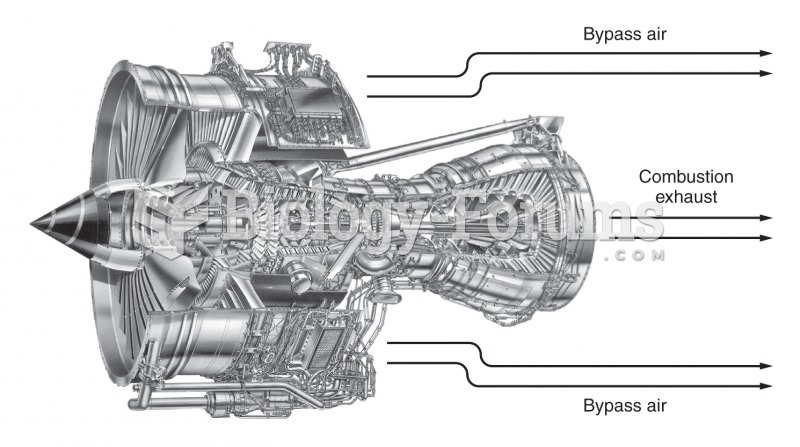|
|
|
Carbamazepine can interfere with the results of home pregnancy tests. If you are taking carbamazepine, do not try to test for pregnancy at home.
The ratio of hydrogen atoms to oxygen in water (H2O) is 2:1.
To maintain good kidney function, you should drink at least 3 quarts of water daily. Water dilutes urine and helps prevent concentrations of salts and minerals that can lead to kidney stone formation. Chronic dehydration is a major contributor to the development of kidney stones.
According to the CDC, approximately 31.7% of the U.S. population has high low-density lipoprotein (LDL) or "bad cholesterol" levels.
GI conditions that will keep you out of the U.S. armed services include ulcers, varices, fistulas, esophagitis, gastritis, congenital abnormalities, inflammatory bowel disease, enteritis, colitis, proctitis, duodenal diverticula, malabsorption syndromes, hepatitis, cirrhosis, cysts, abscesses, pancreatitis, polyps, certain hemorrhoids, splenomegaly, hernias, recent abdominal surgery, GI bypass or stomach stapling, and artificial GI openings.
 Lymphatic vessels pick up excess tissue fluid, purify it in the lymph nodes, and then return it to t
Lymphatic vessels pick up excess tissue fluid, purify it in the lymph nodes, and then return it to t
 (a) Homologous traits are similar due to shared ancestry. (b) Analogous traits (bats’, birds’, and f
(a) Homologous traits are similar due to shared ancestry. (b) Analogous traits (bats’, birds’, and f





